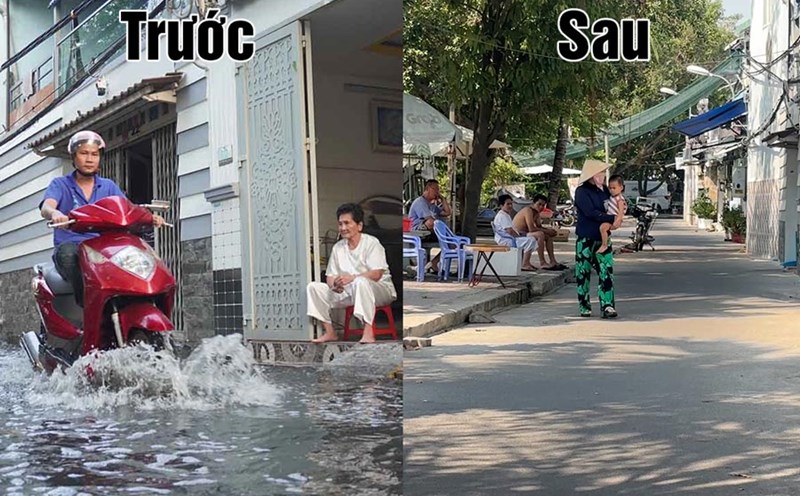Working in areas with particularly difficult socio-economic conditions, teachers not only face a shortage of facilities and harsh living conditions, but also have to travel far and separate their families.
To ensure the rights and encourage teachers to feel secure in their long-term commitment, the State is applying many special allowance and subsidy policies.
According to Decree 76/2019/ND-CP, teachers working in areas with particularly difficult socio-economic conditions are entitled to a series of incentives, including:
First allowance: When first assigned to work in a particularly difficult area, teachers are allocated 10 months of basic salary at the time of receiving the assignment. With the current basic salary of 2.34 million VND/month, this amount is equivalent to 23.4 million VND.
Allowance for family travel: If the whole family moves in together, they will receive an additional 12 months of basic salary and train and baggage transportation expenses.
Attractive allowance: Receive 70% of current salary (including position and seniority allowance) for a maximum of 5 years.
Regional allowances: From 10% to 100% of the basic salary, depending on the harsh conditions of each locality.
Mobile allowance: 20% of the basic salary for teachers who must regularly travel, teach at many schools or perform the task of literacy eradication.
Long-term work allowances: Coefficients 0.5 (5'<10 years), 0.7 (10'<15 years) and 1.0 (from 15 years or more) calculated on the basic salary, monthly payment.
One-time allowance when transferring jobs or retiring: Applicable to teachers who have worked in disadvantaged areas before leaving the office.
In particular, the Law on Teachers No. 73/2025/QH15 (effective from January 1, 2026) affirms that teachers working in mountainous areas, islands, border areas, ethnic minority areas and areas with special difficulties will receive salaries and preferential allowances higher than normal.
In addition, the law also expands support policies such as:
Arrange or support public housing and rental if accommodation cannot be arranged.
Support travel expenses, periodic health check-ups, capacity building training.
Allowances for teachers teaching inter-schools, small schools, or taking on ethnic minority language subjects.
Specific levels will be specified in detail by the Government in a guiding decree.
These policies not only have material significance, helping to reduce difficulties in the lives of teachers in remote areas, but also serve as a spiritual motivation for them to stick together and feel secure in their contributions.
In reality, in many mountainous districts, attraction and subsidy policies have contributed to retaining skilled teachers, limiting the shortage of teaching human resources.










